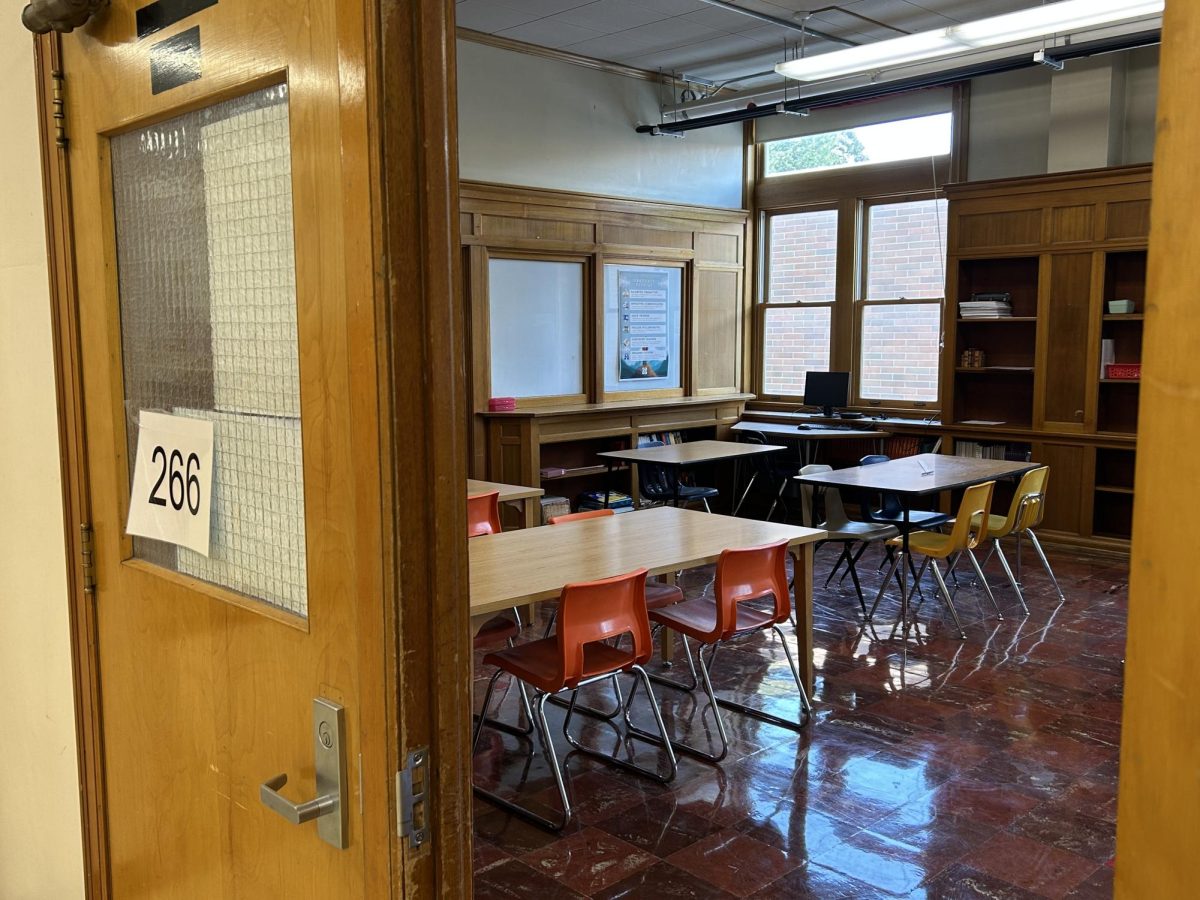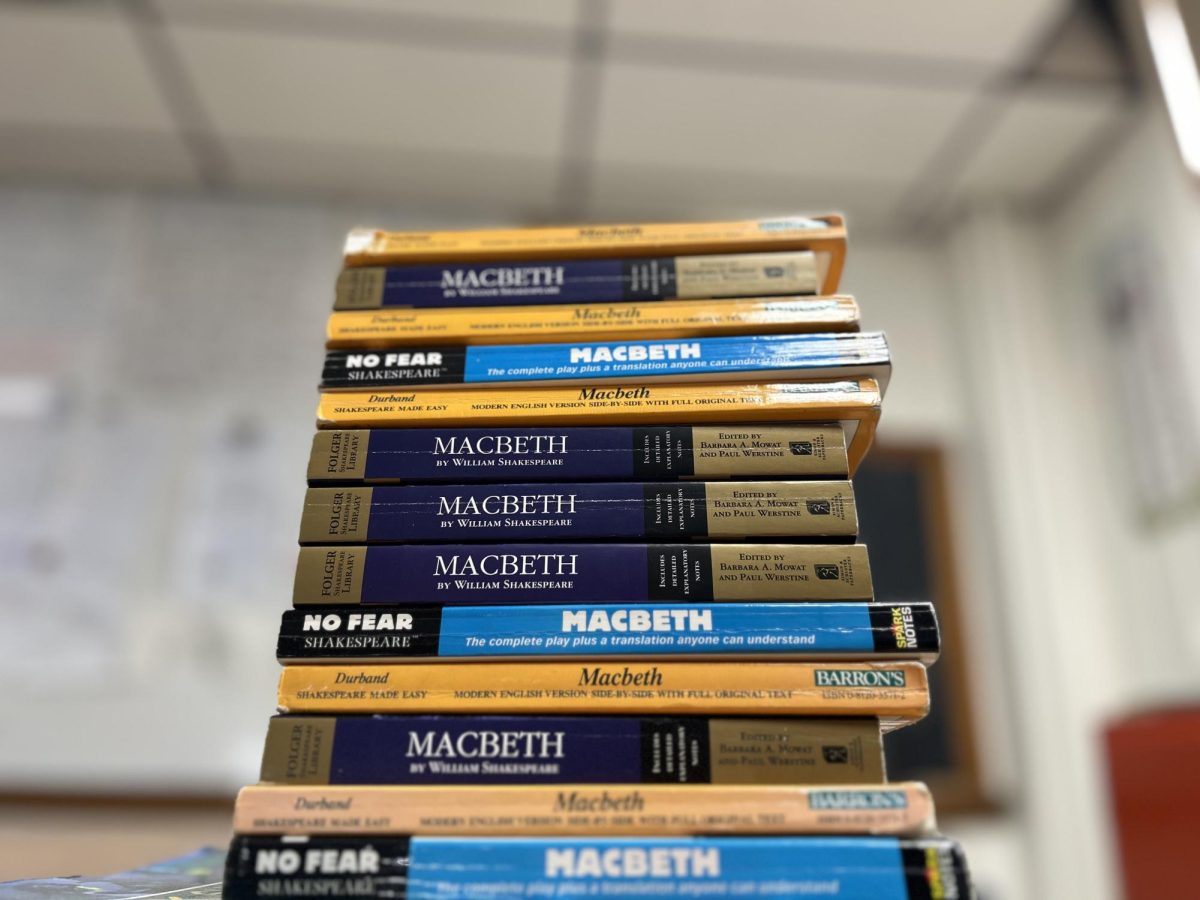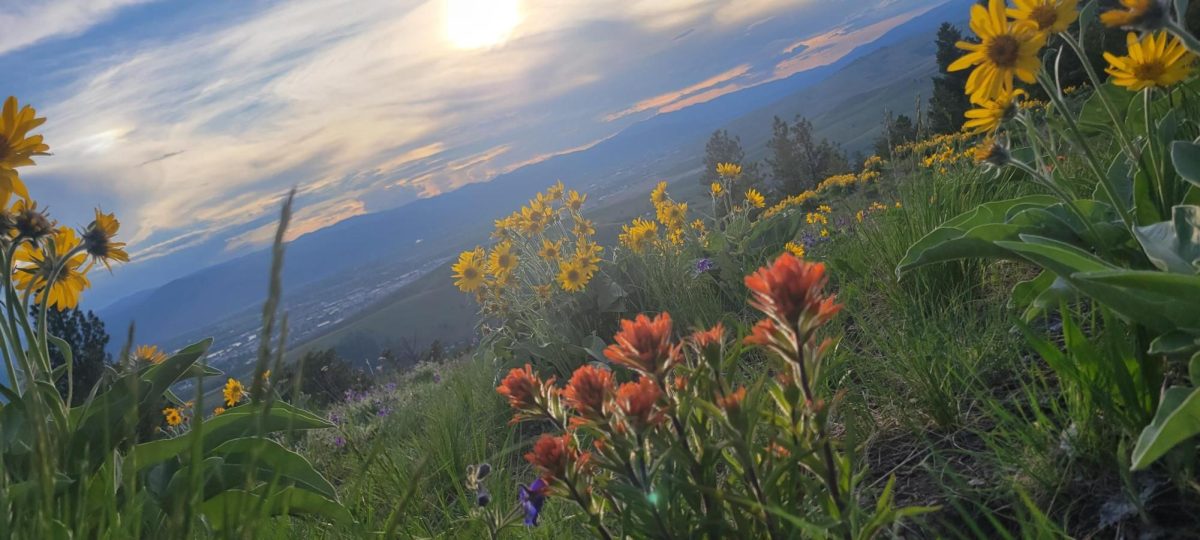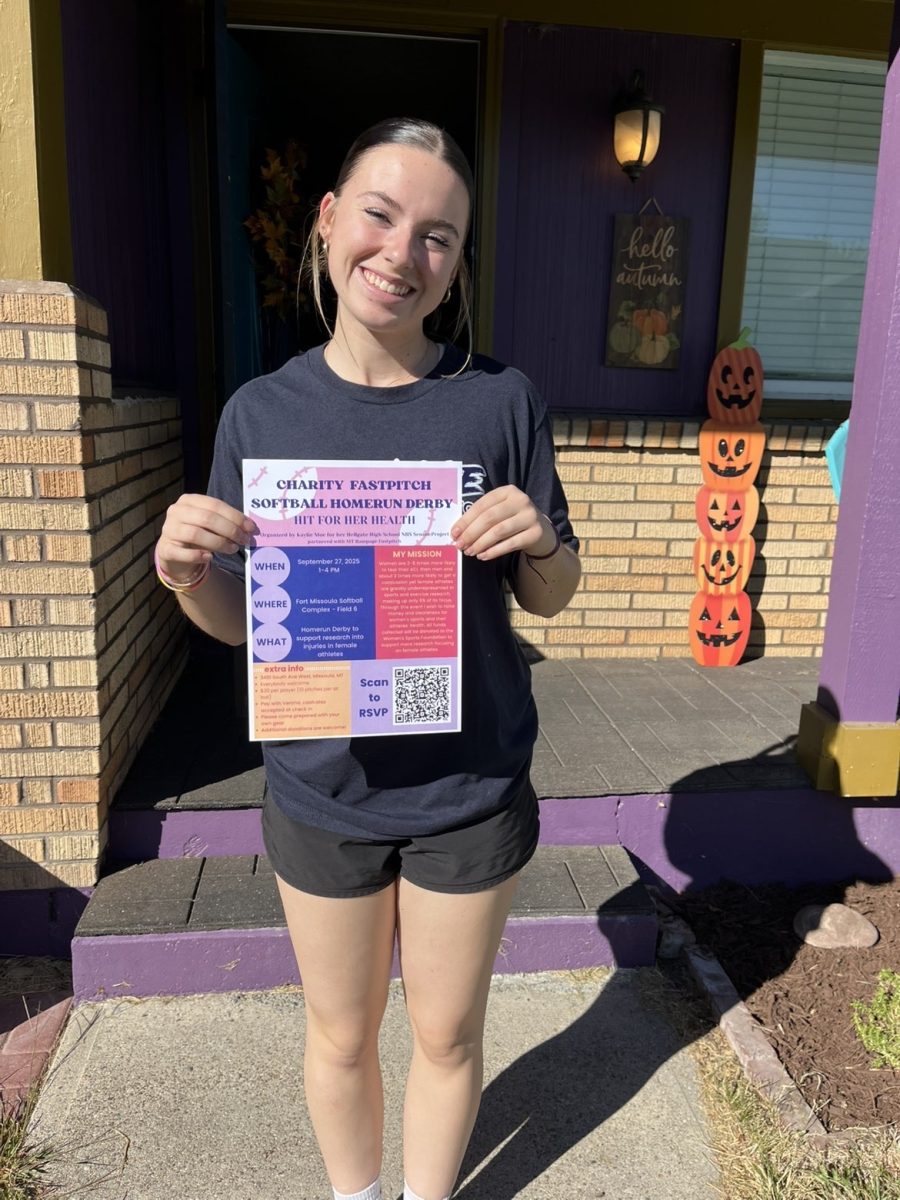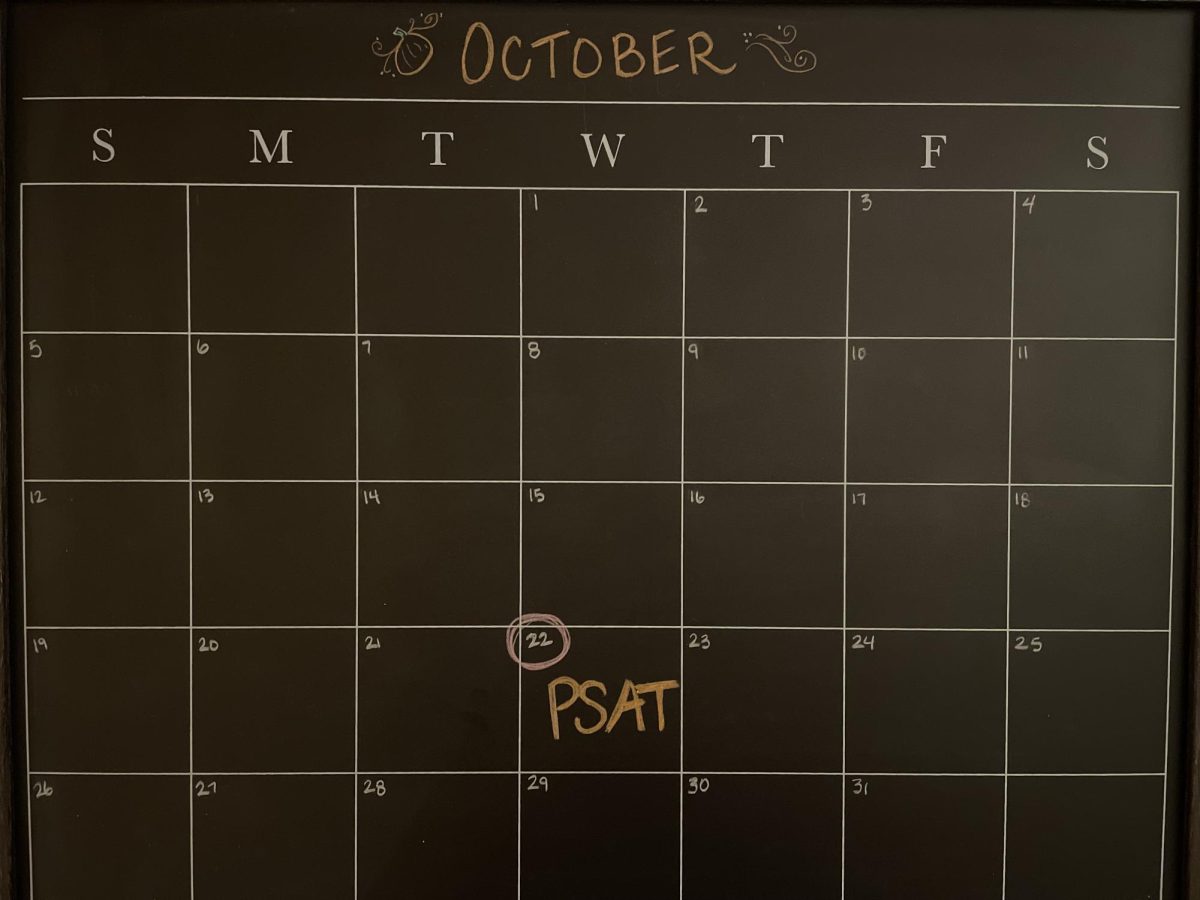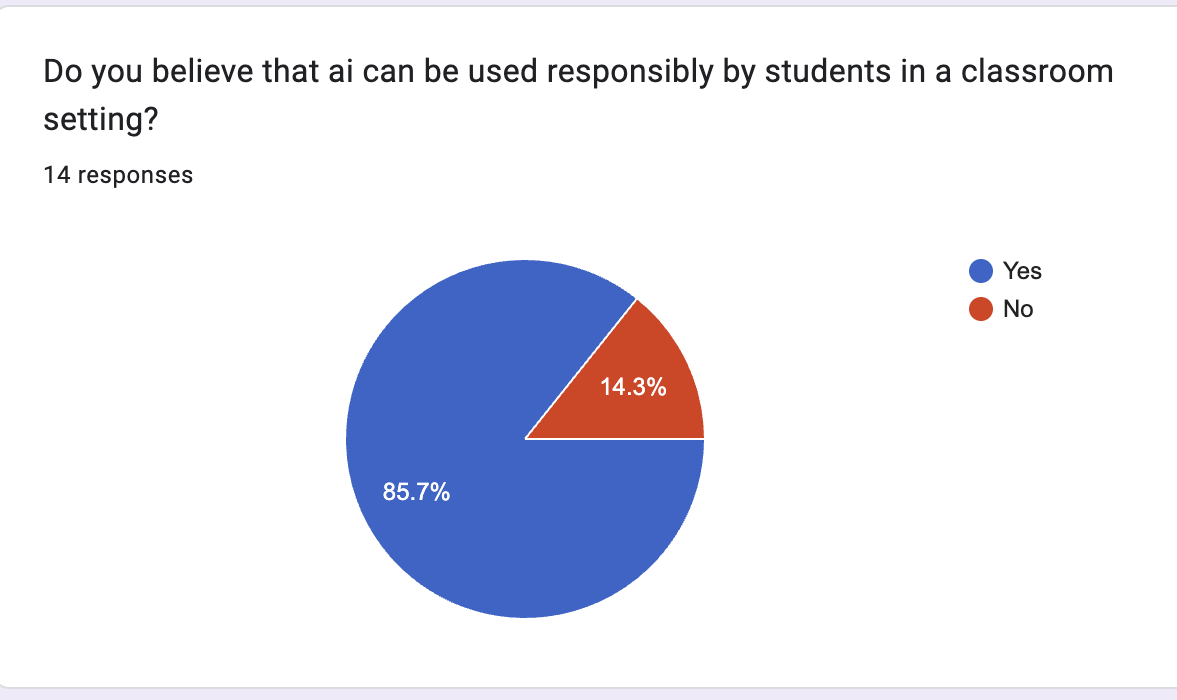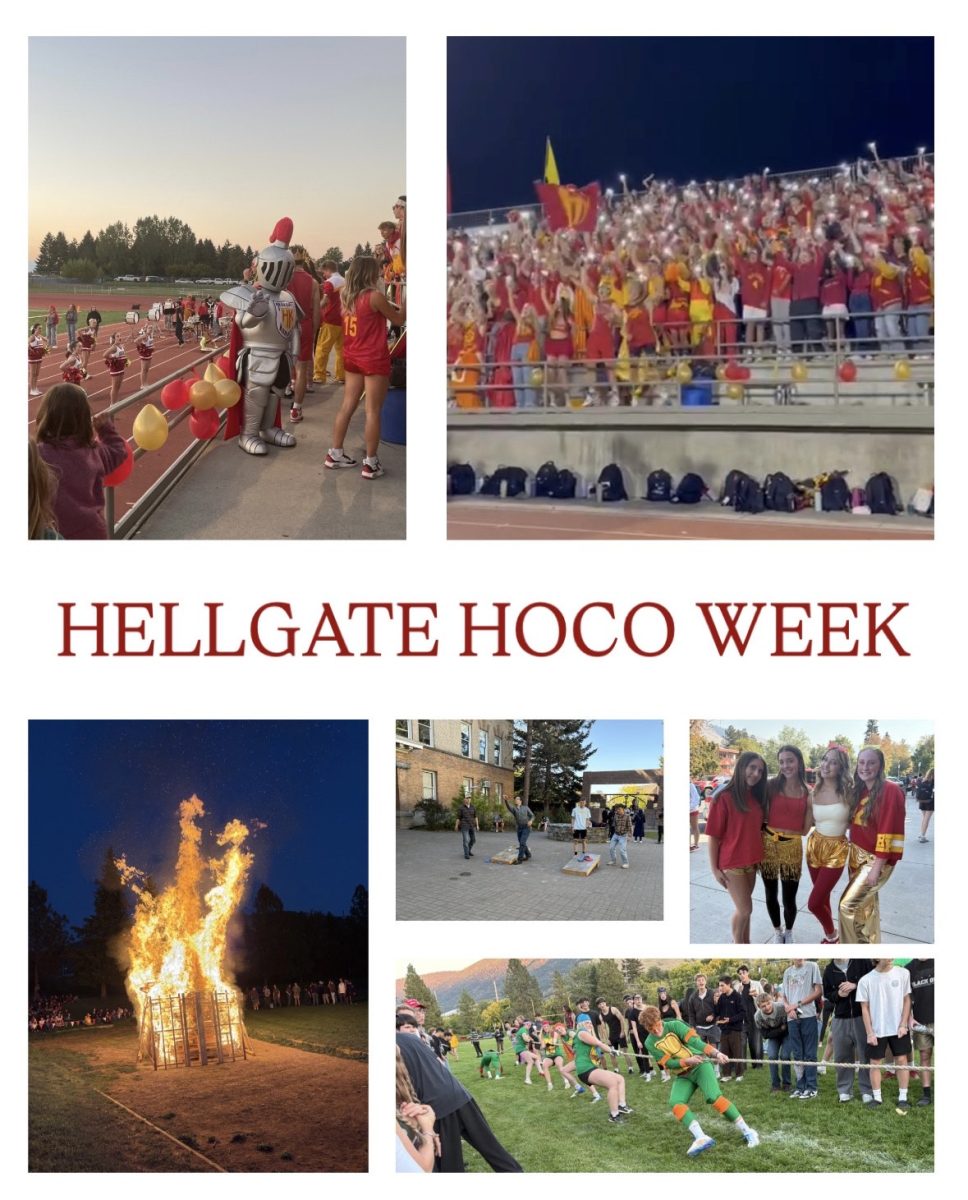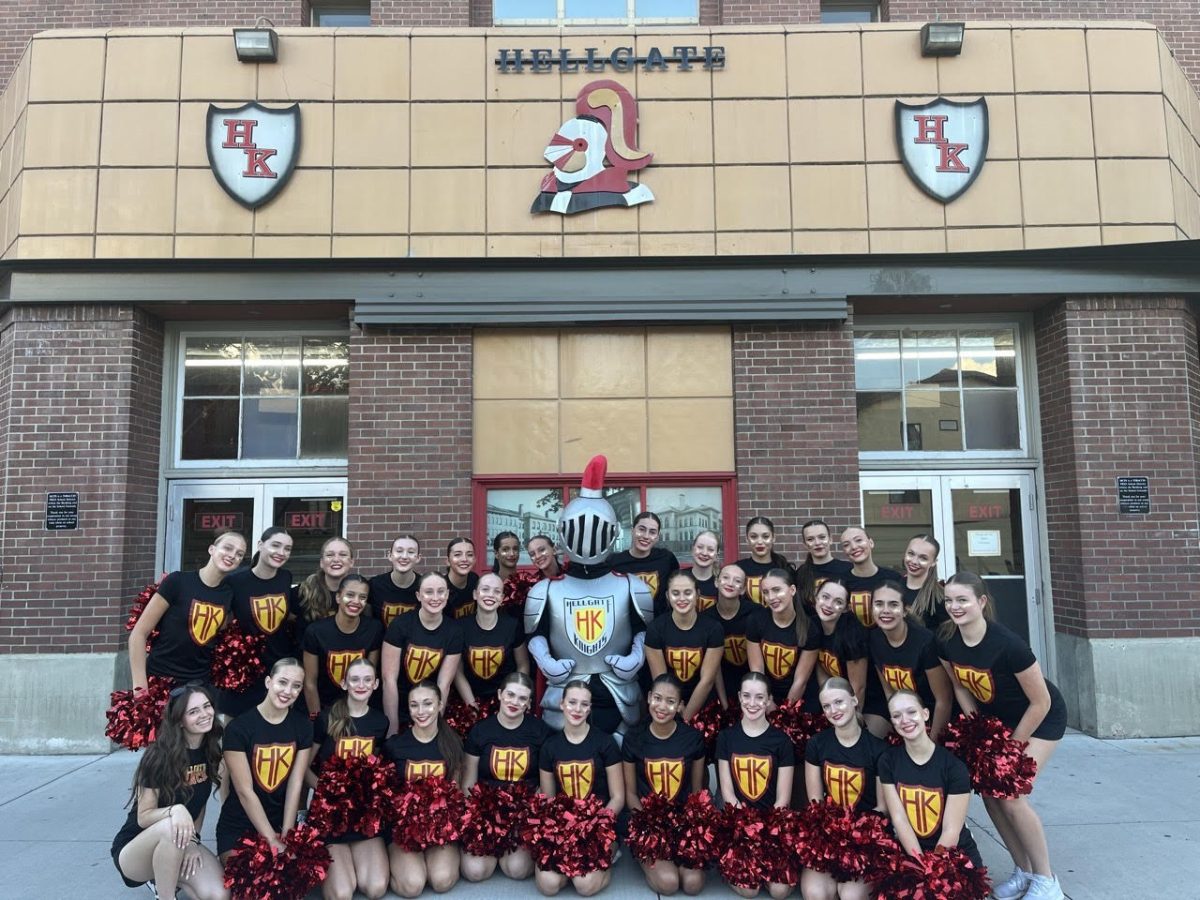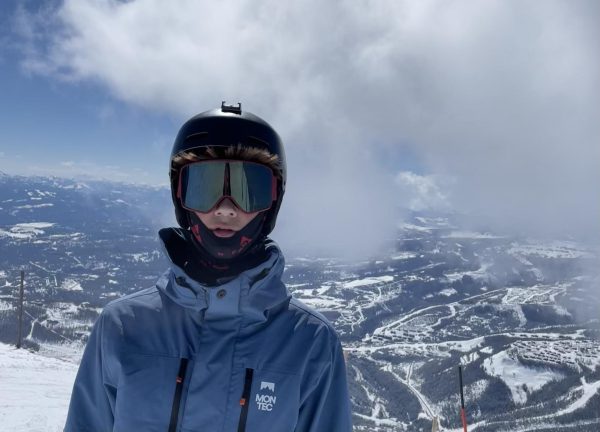As one of 22 youth plaintiffs, Isaiah Hudson is taking legal action against the government in Lighthiser v. Trump for executive orders that harm the climate.
In the summer of 2022, now-17-year-old Isaiah Hudson delivered a powerful speech at a climate change awareness rally in Helena, Montana. The speech served as his introduction to the local climate activism community, but since then, his career has been relatively uneventful.
“I’ve been feeling guilty since the Helena rally that I hadn’t been taking some of the opportunities that I could have been,” Hudson, a Hellgate senior, said.
That was until he received an email from Our Children’s Trust, a public interest nonprofit law firm based in Oregon. The firm was putting together a “historic” case, Lighthiser v. Trump, and was interested in his and his brother’s participation as plaintiffs.
“I was pretty sure when I read the email that I was going to do it,” Hudson said. “There was no doubt in my mind. I was almost obligated to take the opportunity for myself and my friends and family, and really my entire community.”
His parents were less certain. Hudson said that while they were extremely proud and excited about the opportunity for their son, they were still apprehensive and even scared, given “all the things happening in our government right now.” However, after much consideration, he and his brother Jasper, 12, accepted positions in Lighthiser v. Trump.
Hudson is one of 22 plaintiffs between the ages of eight and 25 suing President Donald Trump and his administration, along with several other governmental defendants, based on three executive orders which the case argues violate citizens’ constitutional rights to a healthy climate.
These orders include “Executive Order 14154: Unleashing American Energy,” which eliminates previous climate-focused energy programs and shifts the countries focus to coal and fossil fuels; “Executive Order 14156: Declaring a National Energy Emergency,” which utilizes emergency powers to expedite crude oil, gas and coal production; and “Executive Order 14261: Reinvigorating America’s Beautiful Clean Coal Industry,” which designates coal as a “mineral” giving it priority for extraction and development on public lands. The minds behind the case, including Hudson, view these orders as unconstitutional.
Additionally, according to the Our Children’s Trust website, the Trump administration has “systematically removed critical climate science information from federal websites, including those of the EPA, NOAA, and FEMA, erasing or obscuring data on climate risks, environmental justice, and public health impacts,” which the case describes as censorship.
“We’re suing based on the fact that these three executive orders do not uphold our constitutional rights to life and liberty,” Hudson said. He said he truly feels strongly about this case – a reason for this is the role nature played in his childhood.
“I’ve been going outside and engaging in nature since I was really little,” Hudson said. “My parents are both really into nature, and they’ve been taking me outside for as long as I can remember. I fell in love with the outdoors, specifically the climate of Montana.”
Hudson said his parents were also partially responsible for his journey into activism. He said his dad has been involved with a Missoula climate nonprofit, Families for a Liveable Climate.
“He’s always given me opportunities, but I’ve never felt any kind of pressure from them,” Hudson said. These opportunities are what put him on the radar of Our Children’s Trust.
“So far [the case] has been overwhelmingly positive,” Hudson said. “The thing I’ve appreciated most is that obviously they’re a team of extremely talented legal professionals, but they’re doing this case for us.”
Our Children’s Trust is structuring Lighthiser v. Trump as intentionally youth-led, which Hudson said is what makes it so special. The plaintiffs are all children and young adults from Montana, Oregon, Hawaii, California and Florida.
“There hasn’t been a case where the kids, the people who are going to have to live with this future and these experiences, are at the center,” he said. “I think that’s super powerful and pretty unprecedented.”
While the case is certainly unprecedented on a national scale, Montana saw a similar suit in 2023 in Held v. Montana, where a group of youth plaintiffs sued the state for policies harming the environment. Held argued that the policies violated the Montana State Constitution, which a judge agreed with, whereas Lighthiser is using the United States Constitution in their suit. Hudson said that Held sets a valuable precedent for the current case.
The first hearing of Lighthiser v. Trump took place in Missoula on Sept. 16 and 17. Hudson, the last of five plaintiffs to testify during this first stage of the case, shared the stand with environmental economics experts, public health specialists, and big names in renewable energy. According to a press release, he discussed the growing prevalence of wildfires during Montana summers and told the court about having to evacuate his home due to severe smoke.
“I said this in my testimony, but a 17-year-old shouldn’t be having to be a part of this case, and miss lots of parts of his life because of it,” Hudson said. “But again, I do feel obligated.”
“[Hudson] is very calm and collected, and so his testimony at the hearing was very powerful,” said Grace Gibson-Snyder, 21, another plaintiff in the case and a Hellgate alum.
In her closing statements, lead attorney for the case Julia Olson compared Lighthiser v. Trump to the famous civil rights lawsuit Brown v. Board of Education. According to a press release, Olson told the court they had an opportunity to do something unprecedented, even despite the “broad implications” of a verdict in favor of the plaintiffs, by weighing the Trump administration’s policies against the Constitution.
Hudson said two contending motions were addressed in the Sept. 16 and 17 hearings: a motion to dismiss by the defense and intervenors (which include the state of Montana, 18 other states and Guam), and a preliminary injunction by the plaintiffs. The preliminary injunction, if granted, would have halted the effects of Trump’s executive orders at a date specified by the judge.
On Oct. 15, almost a month after the case’s initial testimony, judge Dana Christensen dismissed Lighthiser v. Trump. Christensen justified his decision with the claim that the case lacked redressability, meaning that while the harm done to the plaintiffs can be traced to the executive orders and their damage to the climate, the court does not have the power to appease this harm.
According to a press release, Our Children’s Trust announced their decision to appeal Christensen’s ruling the same day it was released.
“We will appeal, because courts cannot offer more protection to fossil fuel companies seeking to preserve their profits than to young Americans seeking to preserve their rights,” Olson said in a press release.
This appeal will go to the Ninth Circuit Court of Appeals, the judicial body in charge of hearing appeals from Alaska, Arizona, California, Hawaii, Idaho, Montana, Nevada, Oregon and Washington, as well as Guam and the Northern Mariana Islands.
“Judge Christensen said he reached his decision reluctantly and invited the Ninth Circuit [Court] to correct him so these young Americans can have their case heard,” Olson said in a press release. “The Ninth Circuit should do just that.”
Hudson noted that the fact that Christensen encouraged an appeal is rare. He said he was saddened by the decision, but still feels positive about the case.
“I have no idea where it’s all going to go from here, but it’s definitely still alive,” Hudson said.
Hudson said so far, the case has been an exciting opportunity, but crazy nonetheless.
“It’s super cool to see how the process works, but it’s also wild to be a part of it as a 17-year-old,” he said. “Everything I say is on record, I’m going under oath, and it’s a lot of things that are very exciting.”
Hudson said one of the things that puts weight behind the case is its bipartisan make-up. He said he is fairly politically moderate, and so is the case. A lawsuit addressing climate-related issues with a right-wing administration as its defendant might at first glance be perceived as liberal, left-leaning and democratic, but Lighthiser v. Trump is unaffected in its argument by political parties.
“Montana is a red state, and Missoula is a pretty liberal town, but we’re not fighting based on any political opinion. We’re fighting to protect the outdoors,” said Hudson. “This isn’t intended to be a political case. I couldn’t care less who we’re suing against. It’s just the facts of these executive orders and the damages that they objectively will cause that we’re worried about. We’re just doing our best to fight for that.”


